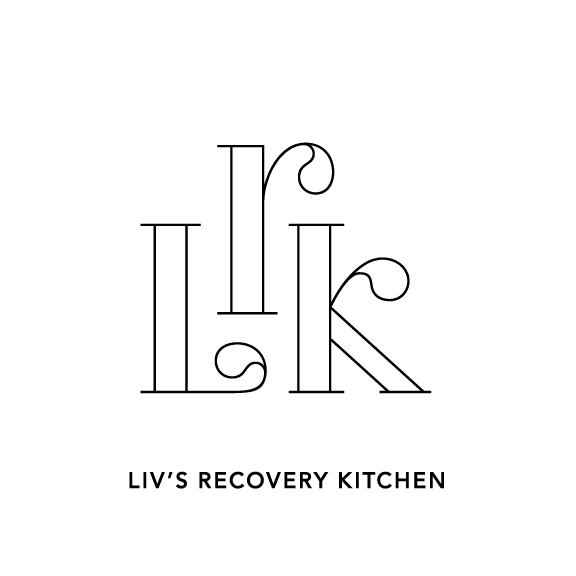How to Achieve Work-Life Balance
Work-life balance was easy when I worked for someone else. I was pretty good at recognizing when the work day started and when my free time began — mostly because I didn’t want to be there. I’d literally count down the hours and minutes. Working for myself has been an entirely different ball game. Two years later I am still learning how to manage my time more effectively and create that — what sometimes feels like elusive — work-life balance.
Since getting sober, I’ve worked in pretty unfulfilling roles which either managed other peoples’ lives or cleaned up their mess. My operational support skills and ability to organize others were so refined that I often did myself out of a job. These competencies came so naturally in my work life that my personal life was pretty well organized too, even sobriety.
“Two years later I am still learning how to manage my time more effectively and create that — what sometimes feels like elusive — work-life balance.
I recall when my sponsor brought up the concept of unmanageability in early recovery. While I grasped that actively using drugs led to an unmanageable life, I couldn’t understand how my sober life was unmanageable — a common problem people encounter when they get sober. To illustrate my fastidious nature, I produced a laminated — yes, laminated — timetable! This caused much hilarity among my sponsor and peers. It still gives me a little chuckle today.
A little further on in recovery though, I can see how those first few years in recovery lacked balance: it was either all 12-step meetings and socials talking about sobriety, or mundane work. There was no fun in my life. While being dedicated to my recovery was important, my life was too serious, it needed levity to bring about balance.
Since I left those jobs, moved to America, and created a job I love, that manageability went out of the window. Even though I had never felt so purposeful and alive in my work, my days started to lack the punctuation of clocking off work and walking out of the office.
I had zero work-life balance. I worked 7 days a week and often over 12 hours a day.
I love what I do so much that it’s hard to stop. The physicality of my office being my living area didn’t help either. My social media is so intertwined with work too. I manage pages and groups, as well as spending an inordinate amount of time trying to keep up-to-date with the latest trends, advocacy, and research within addiction recovery.
I had zero work-life balance. I worked 7 days a week and often over 12 hours a day. I often responded work emails late at night, and the moment I woke up I’d check my phone for emails and respond to the notifications of all social media accounts. I’d literally lose over an hour doing this before taking care of my needs.
After a year of working like this I completely burned out.
I had to impose stricter boundaries and create more space for personal fulfillment and joy outside of my job.
As painful as adrenal fatigue was, it was also a blessing in disguise. I had to determine a work schedule that allowed me to recover from chronic fatigue and earn enough to pay my bills. I had to impose stricter boundaries and create more space for personal fulfillment and joy outside of my job. But that didn’t come easy.
Earlier this year my therapist asked me what I did for fun and I couldn’t answer her. All my responses were related to the fulfillment I felt from the work I do. I also confused my self-care activities — of yoga, exercise and meditation — as fun. As much as I hate to admit it, the only way I was going to achieve more work-life balance was to come up with a better structure. Cue: another timetable. That way I’ve created space for personal time to experience more joy.
These are the boundaries I set to achieve more work-life balance:
I block out at least an hour first thing in the morning to dedicate to mindfulness activities: reading, journaling, meditation, sitting with my thoughts.
At least three days a week I cycle to the top of a local mountain, Mount Tabor, sit in the trees and breathe. This grounds me immeasurably.
Social media:
- I only allow myself to check social media after mindfulness activities.
- I don’t check my phone on waking up in the morning (this works most days!).
- I limit social interaction when I’m writing.
- I turn off social media an hour before bed.
I have a work schedule and stop working after 6, unless there is a time-sensitive article I have to write.
I don’t answer my phone at all during the morning. This is particularly hard because my friends and family try to call from England. But if I don’t respect my time, they won’t. I have to save time at the weekend to speak to them.
I answer email when I’ve finished my writing. And when I see emails late at night I ask myself if I really need to answer that today.
I asked the recovery community how they achieve balance and some suggestions included: leaving the office for an hour each day, having a dedicated workspace at home (preferably with a door to close), disabling work email and not answering calls while on vacation, committing to achieving more balance, taking naps, keeping priorities in order, and having an automated reply on email to say you’ll respond within a day or two.


